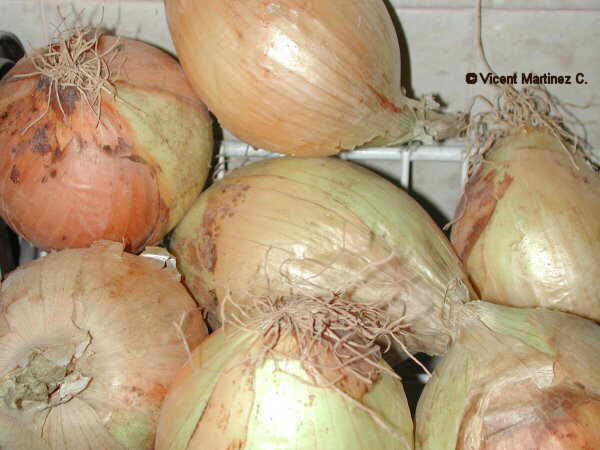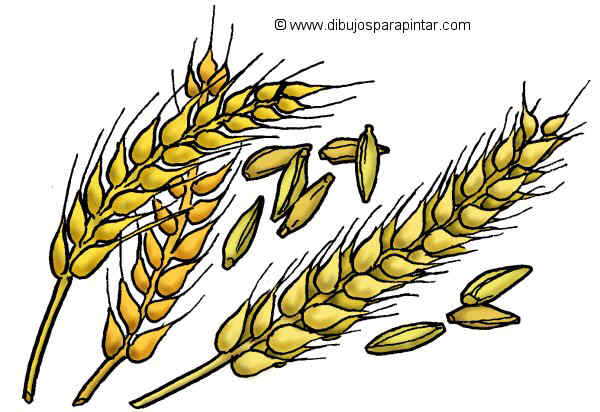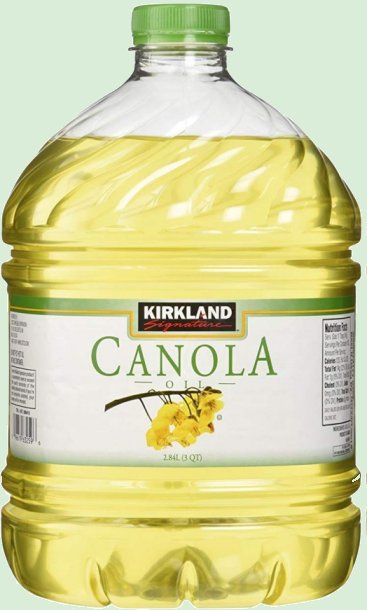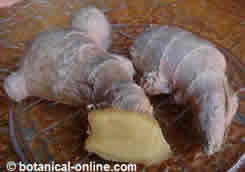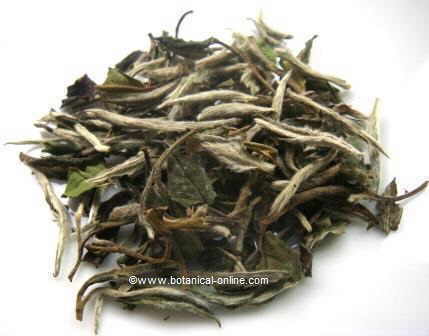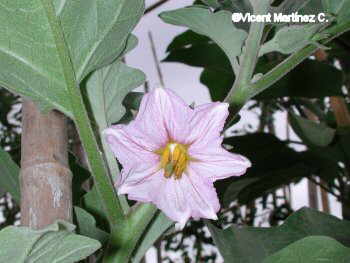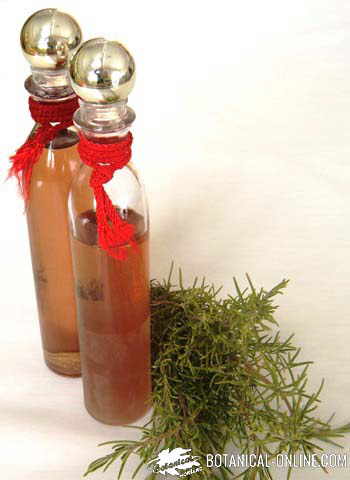Contents
- 1 CURATIVE PROPERTIES OF COCONUT
- 1.1 Benefits of coconut
- 1.2 A fruit full of minerals and trace elements
- 1.3 Coconut, the fruit of athletes par excellence
- 1.4 Coconut, a powerful antioxidant
- 1.5 Coconut water for cardiovascular health
- 1.6 Properties of coconut for the stomach
- 1.7 Coconut antidiabetic properties
- 1.8 Coconut milk stimulates plant growth
- 1.9 Coconut toxicity
CURATIVE PROPERTIES OF COCONUT
Benefits of coconut
In herbal medicine in tropical countries this fruit is used for its antibacterial, antifungal, antiviral, antiparasitic, antidermatophytic, antioxidant, hypoglycemic, immunostimulant and hepatoprotective properties.
Modern medicine has confirmed some of these properties and discovered other applications.
The main benefits of coconut are because this seed, in all stages of maturity, contains vitamins, minerals, trace elements and nutrients essential to human health.
For all these reasons, coconut is considered, as described in the classics of India, the “Kalpavriksha ‘or tree of all the talents.
The edible and medicinal part of the coconut is in its seed, popularly known as “coconut”.
A fruit full of minerals and trace elements
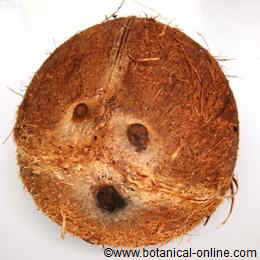
Photo of a coconut seed.
Coconut is a nut, such as almonds or walnuts, from which we consume their seed.
It is a curious seed because of its large size, its white color and its characteristic flavor and aroma. However, these features just announce the nutritional value of this fruit.
In fact, coconut is a seed with a unique mineral content, it contains all the essential minerals for the body: magnesium, calcium, phosphorus, iodine, iron, selenium, sodium, zinc, as well as trace elements such as chromium, aluminum, barium, boron, cadmium, cesium, fluoride, manganese, molybdenum, nickel, rubidium, scandium, strontium, antimony, and arsenic.
Therefore, coconut is a remineralizing food, interesting to introduce in gaining weight diets, diet for stress, osteoporosis diets for arthritis , diet for combating fluid retention (coconut water) and diets for cardiovascular health (coconut water).
* More information: Coco nutritional value
Coconut, the fruit of athletes par excellence
Coconut is an excellent fruit to enter into the diet of athletes, because of its many beneficial properties:
- Moisturizing: coconut has a high percentage of water and minerals, which contribute to the correct hydration, preventing dehydration. Coconut water is a good companion during training and after competition. Furthermore, coconut water is low in sugars and fats, so that its function is essentially to act as a moisturizer. For these reasons, it is no wonder that coconut water is the drink of choice in tropical populations, where the heat is very pronounced.
- Remineralizing: coconut is one of the fruits with the highest content of minerals and trace elements. These components include those that regulate the muscle tone and improve cardiovascular function.
- Antioxidant: Coconut some minerals have potent antioxidant functions, such as zinc and selenium.
- Energy: Coconut milk (which can be added to fruit smoothies) and fresh coconut fruit has very interesting energetic properties for the athlete:
It contains simple and complex carbohydrates (15g./100g.), The first ones provide energy immediately (sugars such as fructose, galactose, raffinose) and long term carbohydrates (polysaccharides such as galactomannan and pentosans) will provide more prolonged energy. Both of them being very suitable for long workouts and endurance tests.
It is also important in saturated fat content (30g./100g.) This regulates blood pressure and provides a power reserve of excellent quality for the body. We should add that saturated fats are not found in coconut water, but in the fruit and coconut milk. These coconut fatty products should be eaten in moderation, because saturated fat can cause increased triglycerides.
| For its energizing capacity, coconut is a staple in the diet of the athletes, and can be consumed in multiple preparations. |
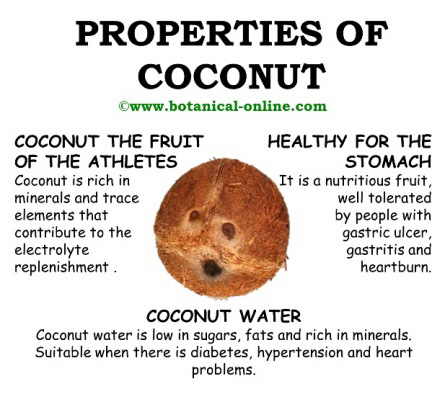 Main curative properties of coconut
Main curative properties of coconut
Coconut, a powerful antioxidant
The minerals and trace elements containing the coconut have antioxidant action on the body. Therefore, this fruit is preferred in tropical countries and it is part of many cosmetic creams and sunscreens.
Coconut water for cardiovascular health
Coconut water is the liquid in the coconut seed while the fruit is immature. This fluid is characterized by a low content of fats and sugars, and because it is very rich in minerals and trace elements. In tropical countries, coconut water is still consumed fresh, freshly picked from coconut trees. Recently it has begun to be distributed as bottled coconut drink because of its nutritional and medicinal importance.
Scientific studies have shown that coconut water, being regularly consumed, helps reduce blood pressure, lowers triglycerides and has hypoglycemic or antidiabetic properties .
Thus, coconut water is a beverage suitable for hypertension, for people with high cholesterol and people with diabetes, it has very low sugar content.
Other studies suggest that coconut ripe fruit pulp has anti-inflammatory and vasodilatory properties due to its mineral content and trace elements. Milk and Coconut oil also has demonstrated anti-inflammatory properties in acute and chronic cases, showing analgesic and antipyretic properties.
However, it should be noted that the mature coconut, consumed as pulp, copra (dried pulp) or coconut milk is high in saturated fats, which cause excessive inflammation. For people who want to improve their cholesterol levels and hypertension, they are advised to take coconut water regularly. If they want coconut milk, coconut flesh or copra, they should take them in moderate portions.
| Edible products from coconut seed – Hearts of palm |
Properties of coconut for the stomach
Coconut has been formerly used for the upset stomachs. It provides protective nutrients to the tissue preventing ulcers and heartburn improving.
| Modern studies confirm that coconut water and coconut milk possess stomachic properties because they contain protective components of the walls of the stomach (cytoprotective agents). Also, coconut milk has shown greater protective power that coconut water, because it contains more fat. |
Therefore, coconut milk can be an effective drink to prevent stomach ulcers, relieve heartburn and stomach pain.
Coconut antidiabetic properties
Coconut water is the liquid contained inside the immature coconuts. It is sold in in bottles or consumed fresh. Traditional medicine and recent studies corroborate that coconut water has properties beneficial to people with diabetes because of its hypoglycemic components.
Coconut milk stimulates plant growth
In 1943, Johannes van Overbeek discovered that coconut milk stimulates plant growth due to its content in cytokinins, particularly zeatin, which is a kind of plant hormone (phytohormones).
Coconut milk is sold in supermarkets and may be routinely used dissolving in irrigation water to stimulate the growth of our plants.
Coconut toxicity
No toxicity has been observed in different studies on coconut.
![]() More information on coconut.
More information on coconut.

